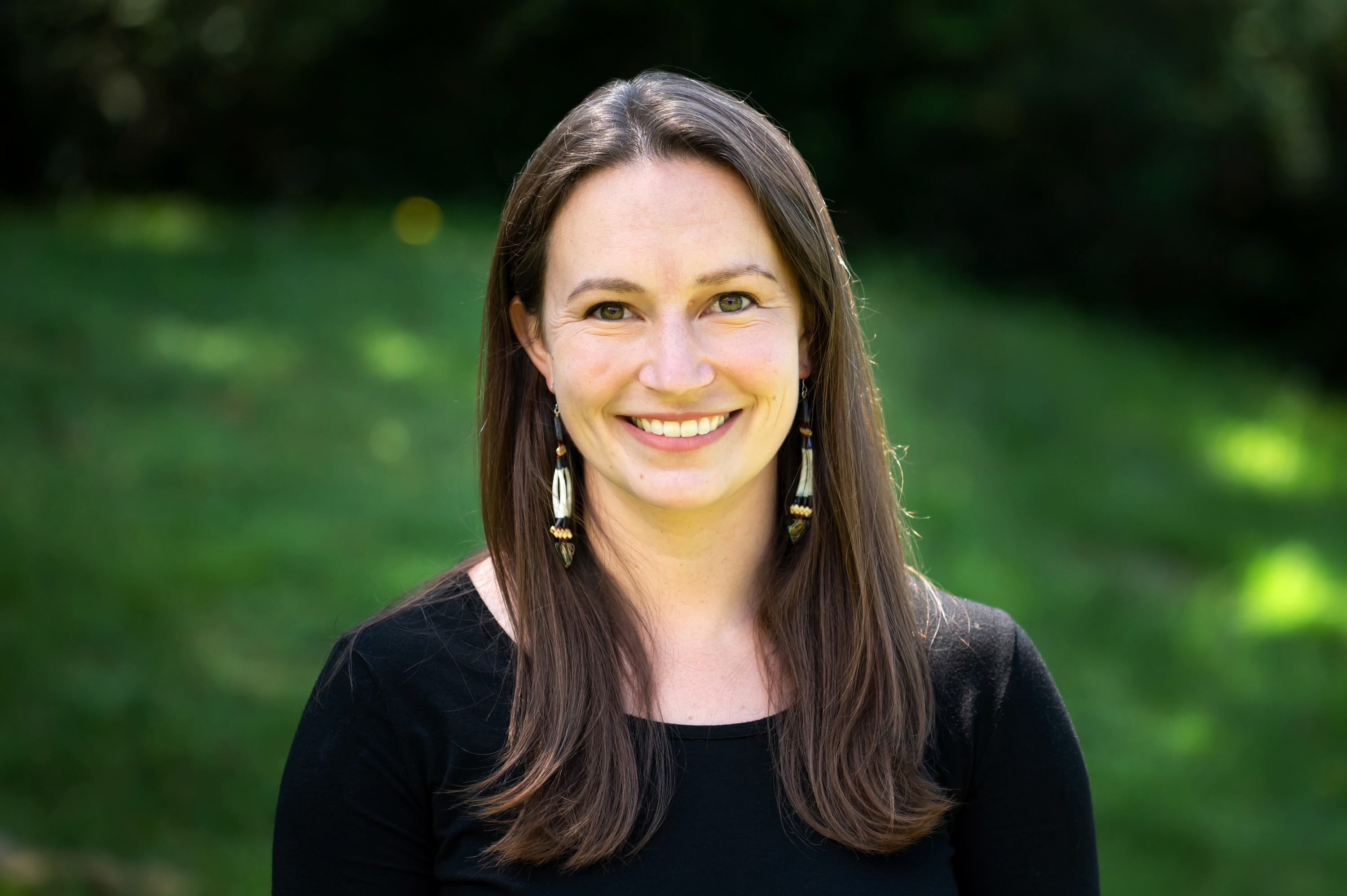Population Research Discovery Seminars

Strengths-Based Approaches to Indigenous Health Research: Lessons from an Exploration of Historical Trauma Exposure
Rachel Wilbur, Elson S. Floyd College of Medicine, Washington State University
Parrington Hall Room 360
To Join by Zoom: Register HERE
Link to meet with Dr. Wilbur here on January 19th
01/19/2024
12:30-1:30 PM PT
360 Parrington Hall
Co-Sponsor(s):
American Indians and Alaska Natives (AI/AN) collectively experience some of the greatest inequities in health of any population in the US, including lower life expectancy and a greater burden of many preventable diseases. The root of contemporary AI/AN health patterns extends beyond classic public health emphases on social determinants of health, and instead derives distally from histories of colonization and subsequent subjugation. Commonly referred to as “historical trauma,” intergenerational experiences of trauma and adversity have been shown to compound contemporary social determinants of health, contributing to the inequities we see today. The first part of this talk details a study on the intergenerational physical health impacts of exposure to the Federal Indian Boarding Schools as a historical trauma event at the levels of AI/AN individual, family, and community. The study is based on data collected as part of the Honor Study and included survey responses from 447 AI/AN individuals from 7 urban centers, analyzed using structural equation modeling. Results indicate that, while there are deleterious impacts of exposure to the boarding schools, AI/ANs are actively engaging with histories of trauma, practicing agency in promoting wellbeing for themselves and future generations. In the second part, we build on lessons learned through the study, specifically, how deficit-based models of Indigenous health contribute to the perpetuation of health inequities and introduce alternative, strengths-based approaches as a means of countering harms and supporting Indigenous wellbeing, focusing on health survivance as a concept with increasing salience for Indigenous communities and scholars.
Rachel E. Wilbur, PhD, MPH, is an Assistant Research Professor with IREACH in the Elson S. Floyd College of Medicine and is descendant Tolowa and Chetco. Her research focus is on the role of cultural engagement and revitalization in promoting wellbeing for American Indian and Alaska Native communities, and she is particularly invested in community- and strengths-based research. She received both her MPH in health behavior and her PhD in biological anthropology from the University of North Carolina at Chapel Hill before continuing her training as a postdoctoral fellow in Indigenous Community Wellbeing at Harvard Medical School, where she was also a scholar with the Harvard University Native American Program. She currently serves as a member of the National Institutes of Health All of Us Research Program Indigenous Research Working Group.